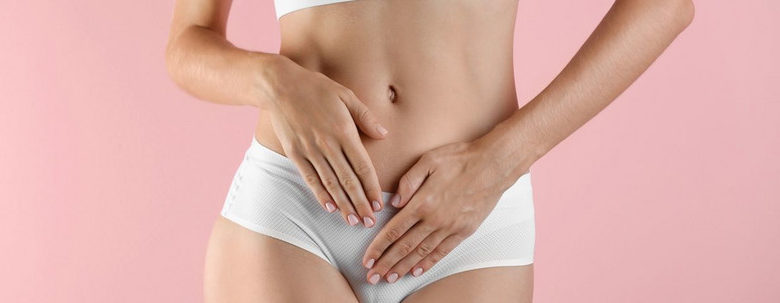
- This came after Tunde Ednut's argument that the vagina does not stay wet beyond eight minutes. Vaginal wetness is important to enjoying sex, but does it have a definite time frame to remain wet? Let's see what really happens to the vagina during sex.
Bimbo Akinsanya has strongly opposed the idea that good sex shouldn’t last more than 10 minutes.
This came after Tunde Ednut’s argument that the vagina does not stay wet beyond eight minutes. Vaginal wetness is important to enjoying sex, but does it have a definite time frame to remain wet? Let’s see what really happens to the vagina during sex.
Vaginal wetness: What happens to the vagina during sex?
According to Tunde Ednut’s post, medically, love-making is not supposed to last for more than 10 minutes. This is because the vagina is not meant to be wet for more than 8 minutes, which makes lovemaking beyond 10 minutes torturous and very harmful to the vagina.
Actress, Bimbo Akinsanya reacted strongly to his post, insisting that it was not possible. “10 minutes ba wo? Is this person okay? Abeg shift. I say NO (capital no) to 10 minutes man.”
So what really happens to the vagina during sexual intercourse. The wetness you feel in the vagina during sex comes from two places, namely the Bartholin glands and the cervix. The Bartholin glands are located inside the vagina and are responsible for making women wet when they’re aroused or during sex. While the cervix produces mucus throughout a woman’s cycle, even more as ovulation draws near.
How long can a woman stay wet during sex?
Normally, a woman who’s healthy should produce 1-4 militarizes of vaginal fluids per day. This means that a woman is always slightly wet, aroused or not. Dr Jen Gunter further breaks this down, explaining that a very large, thick streak of vaginal fluid contains about 1 ml. So the Bartholin glands produce more fluids when a woman is aroused, which makes sex comfortable and pleasurable. However, this wetness doesn’t just stop at making sex comfortable, it lingers even after the sex when there’s no sexual arousal. The only time this stops being the case is when a woman begins to age. At such a time, the body begins to produce less and less of the hormone that triggers the Bartholin glands to produce fluid.
Factors that affect your vagina wetness
Women have different timings when it comes to sexual responses. In women over 40, it takes 1 to 3 minutes for them to get wet, while it takes 10 to 30 seconds for younger women. Other things that may affect response time include:
- Smoking
Like in men, women get wet when blood flows to the genitals. This means that the clitoris and the vulva swell, making the vagina react by releasing fluid and becoming wet. So if you’re a constant smoker, what it does is to block the small arteries that carry blood to your vagina.
- Yeast infection
Yeast infection affects your ability to get wet by messing with the bacterial balance of your vagina. During intercourse, the vagina becomes more and more irritated the more the woman has sex. Although the symptoms are not always the same with every woman.
- Medication
Flu, allergy, and asthma medications can cause your vagina to go dry during sex. Hence, you should do all you can to keep yourself healthy so that you don’t have to take some of these medications. But if it happens that you get sick, you may switch to a more natural remedy. But speak to your doctor about it first.
- Hormones
Hormones are also responsible for dry vagina during sex. The hormone that triggers the release of fluid in the vagina is affected during menopause, perimenopause, after childbirth, or during breastfeeding. Also, the treatment of cancer can affect the level of this hormone.
Guilt or insecurities
Your body responds to your state of mind. If you’re feeling guilty or dirty about sex, your vagina might not get wet. This guilt comes in the form of thoughts where you’re thinking that having sex is wrong, so your body listens.
As previously stated, your oestrogen level influences your Bartholin glands, causing them to produce more fluid in your vagina during sex. So a dry vagina may be treated with hormone replacement therapy, which is just a way of increasing your oestrogen level. A 2018 study published in JAMA encourages people to use vaginal oestrogen to increase vaginal wetness because it is more effective than traditional methods. Also, you can try using natural lubricants like avocado, coconut and olive oils.



